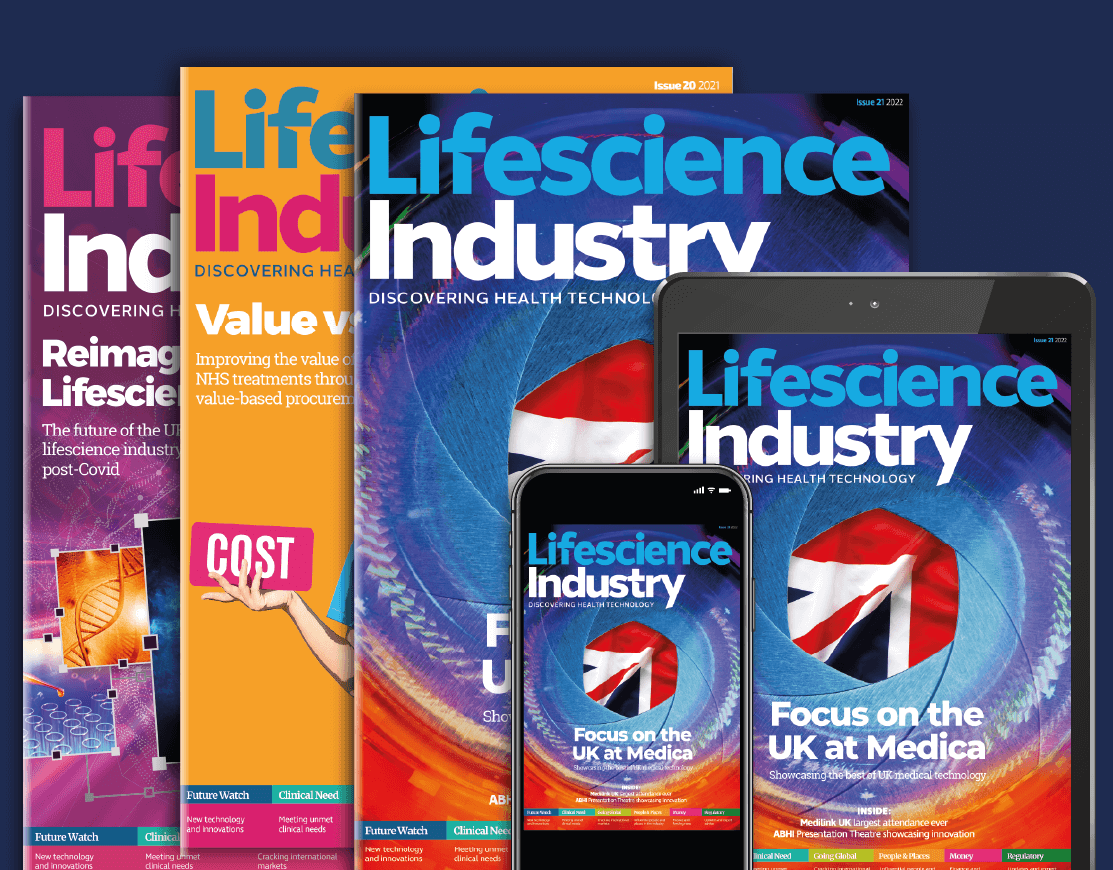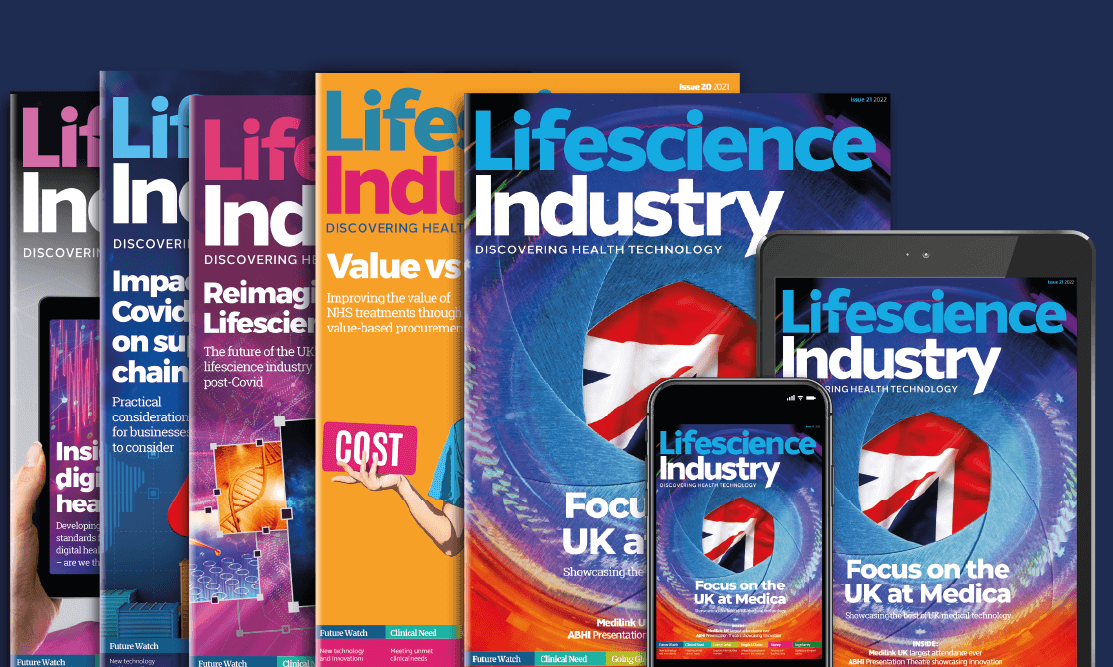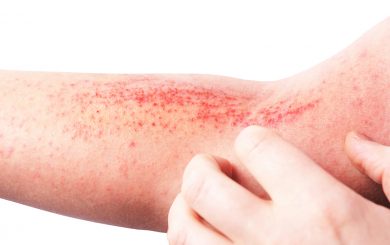
MHRA publishes clear guidance to support bringing e-cigarettes to market as licensed therapies
The MHRA is committed to responding to the Tobacco Control Plan and supports the UK Government’s vision for a smoke-free generation by encouraging safe, high-quality and effective e-cigarette products to be licensed as medicines.
Today (29 October 2021) the MHRA published updated ‘Guidance for licensing electronic cigarettes and other inhaled nicotine-containing products as medicines. This updated guidance comes after a consultation with the E-Cigarette Expert Working Group, a group of UK experts who provided independent oversight and advice to the MHRA.
The updated guidance provides further details on the steps required to license an e-cigarette as a medicinal product. To achieve a licence, products would need to meet the standards of quality, safety, and efficacy expected of medicinal products. If successful, this would potentially allow safe and effective products to be made available for prescription, for tobacco smokers who wish to quit or reduce smoking.
As stated in the Department of Health and Social Care 2017 Tobacco Control Plan, the evidence is clear that e-cigarettes are less harmful to health than smoking tobacco. Nicotine-containing e-cigarettes can help people to stop smoking, and are similarly effective to other cessation options. The MHRA are committed to improving the public’s access to safe and effective licensed products.
Dr June Raine, Chief Executive of the MHRA, said:
“The evidence is clear that e-cigarettes are less harmful to health than smoking tobacco and that nicotine-containing e-cigarettes can help people quit smoking for good. The updated guidance on licensing requirements we have published today is a strong first step towards availability of safe and effective licensed e-cigarette products.”
“The MHRA will continue to support companies in the development of safe and effective e-cigarette products, to encourage the licensing of e-cigarette products as medicines in order to support patient-centred care and access.”
News & Analysis




